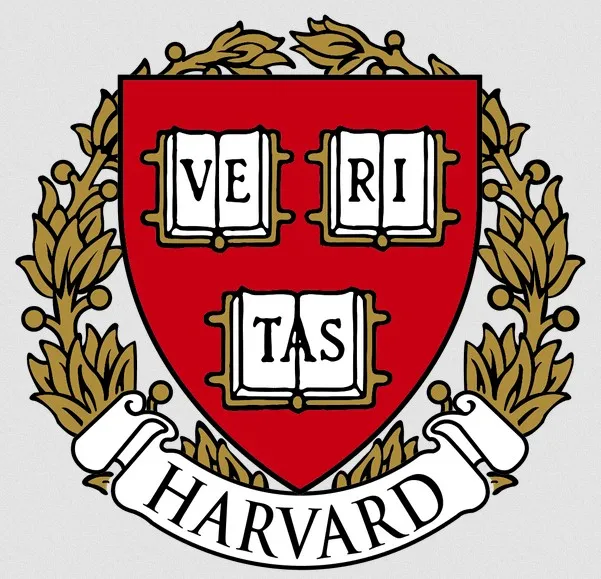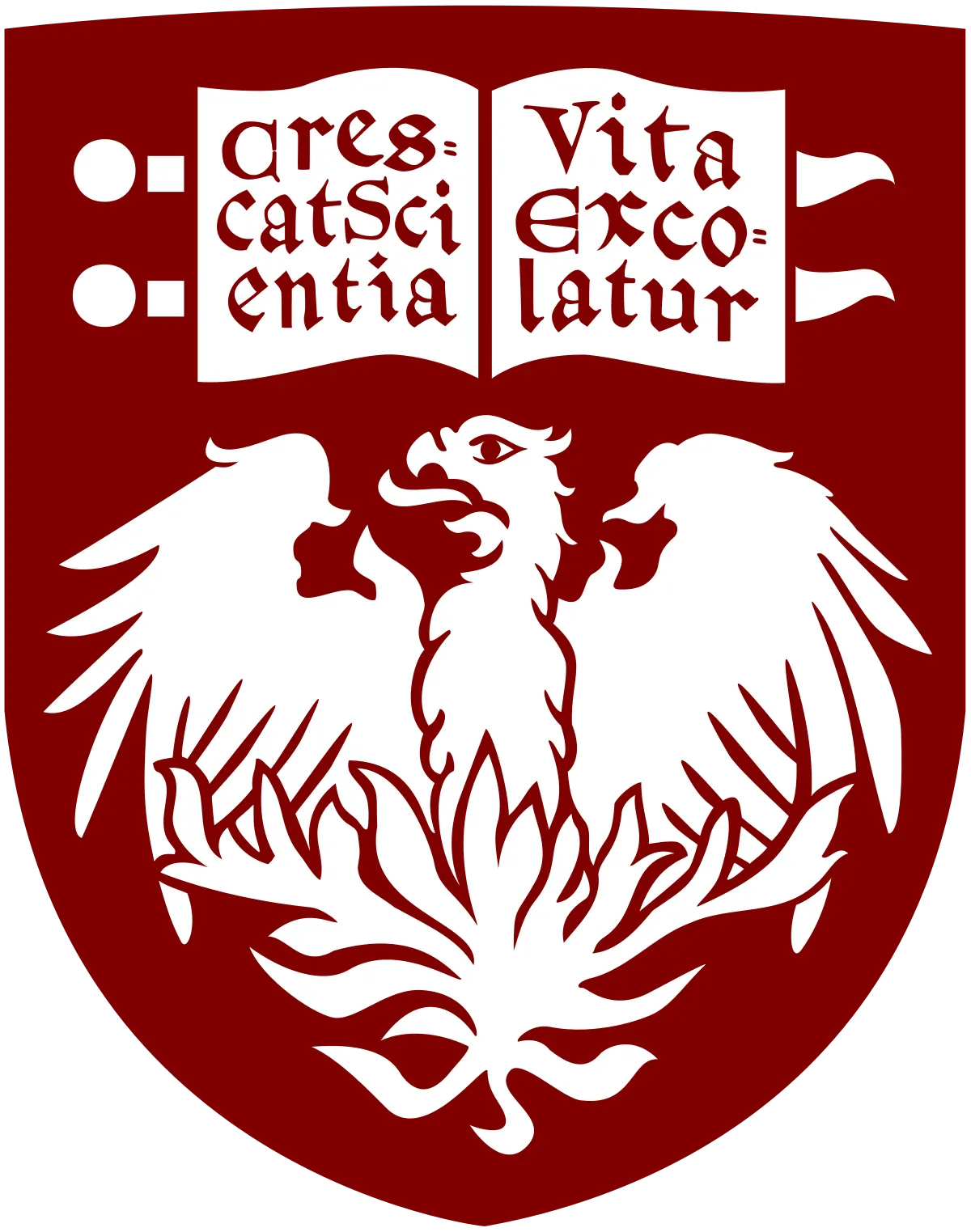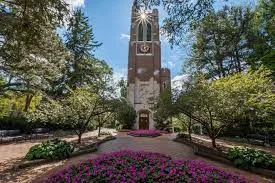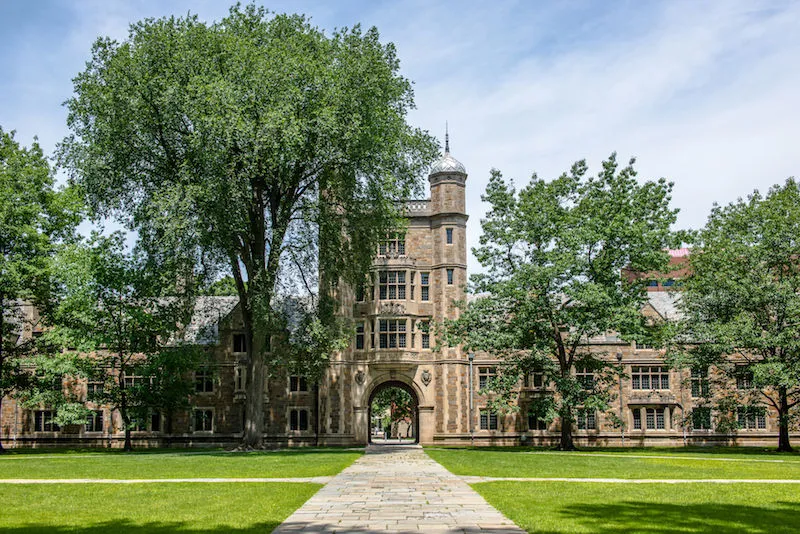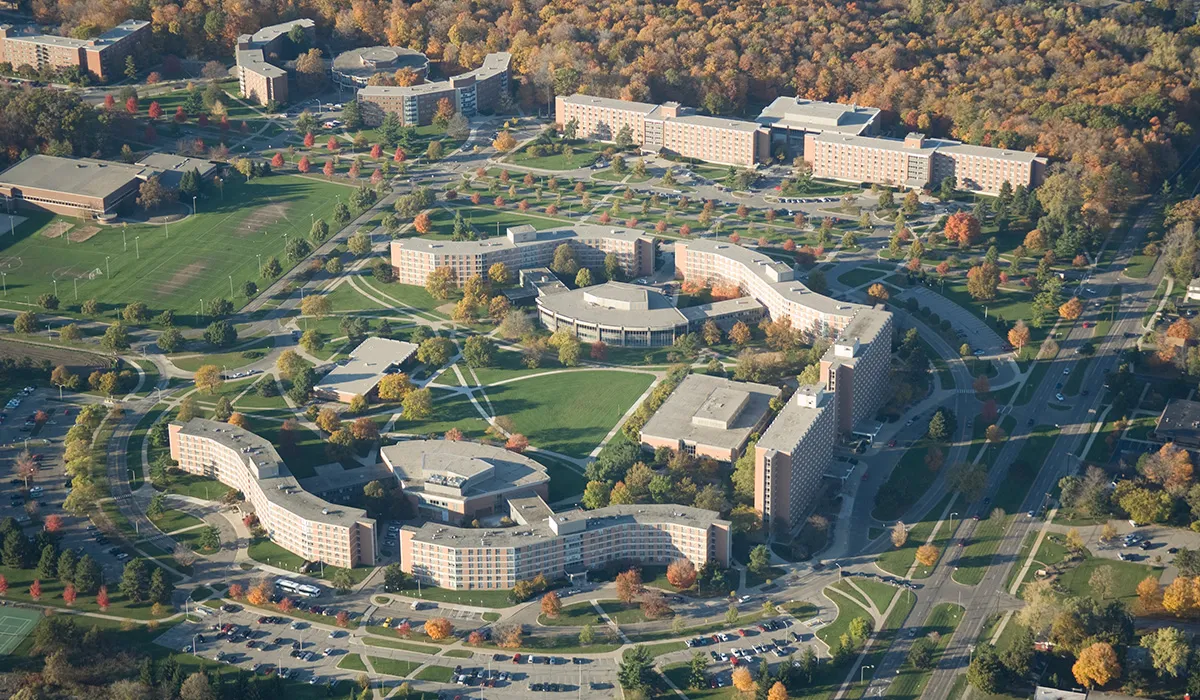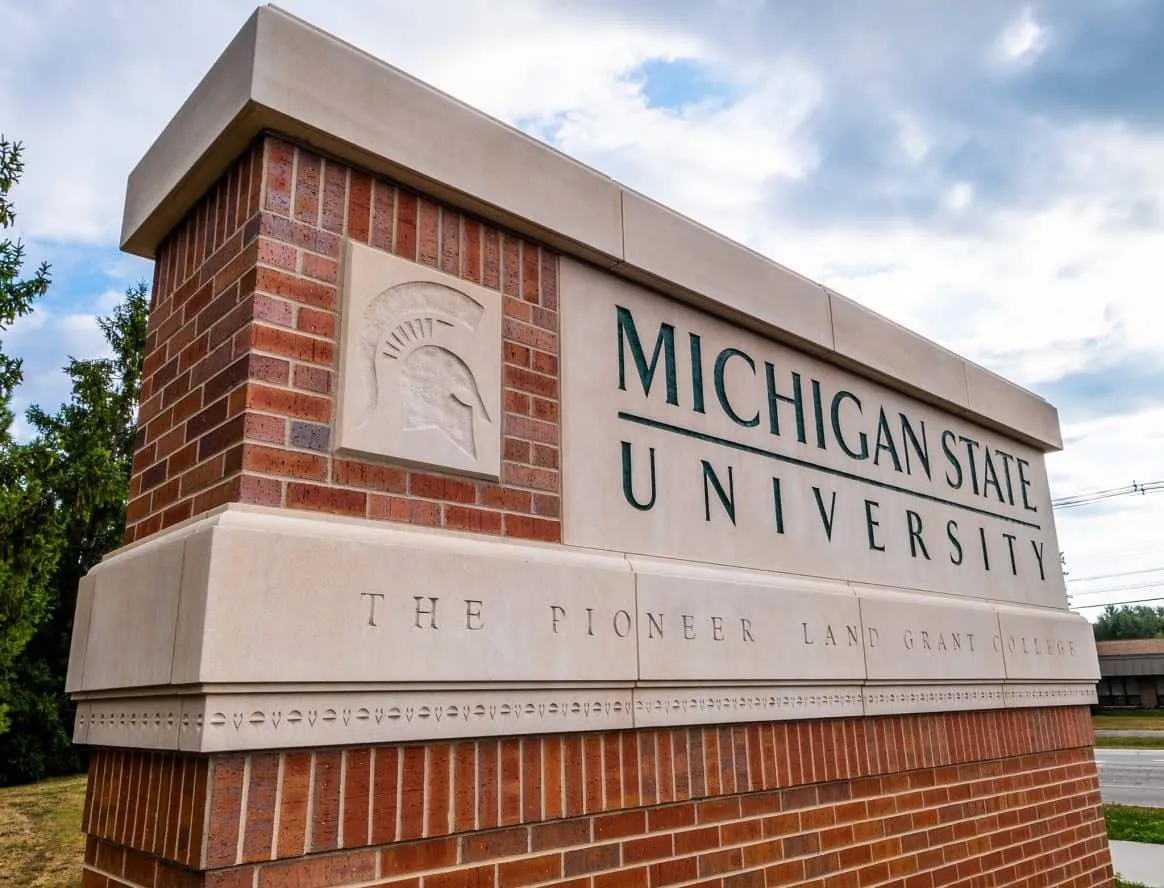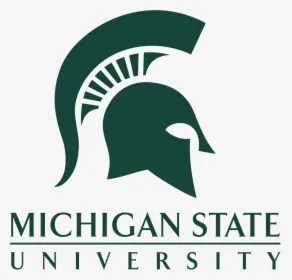
PhD in Astronomy & Astrophysics
Michigan State University (United States) · Michigan State University 426 Auditorium Road East Lansing, MI 48824
About

#161
QS

#133
USNews

#122
THE
Michigan State University (MSU) is a public land-grant research university in East Lansing, Michigan. MSU was founded in 1855 and served as a model for land-grant colleges and universities later created under the Morrill Act of 1862. The university was founded as the Agricultural College of the State of Michigan, one of the country's first institutions of higher education to teach scientific agriculture. After the introduction of the Morrill Act, the college became coeducational and expanded its curriculum beyond agriculture. Today, MSU is one of the largest universities in the United States (in terms of enrollment) and has approximately 634,300 living alumni worldwide.
Program Details:
Program WebsiteBasic Info
Institute
College of Natural Science
Degree
PhD
Duration
5-6 years
STEM Designated
Yes
Program
Astronomy & Astrophysics
Expense
Living Expenses
USD 27300
Tuition Fee (Domestic)
USD 16900
Tuition Fee (International)
USD 32000
Eligibility
Minimum/ Avg Score
TOEFL
80
PTE
59
Duolingo
110
IELTS
6.5
Ready to apply? Secure your spot at your dream university with our expert help!
Deadlines:
Deadline WebsiteIntake Deadline 1
Stay on track with your applications. Login Now to Unlock all program related information.
Document Required:
Stay on track with your applications. Login Now to Unlock all program related information.


